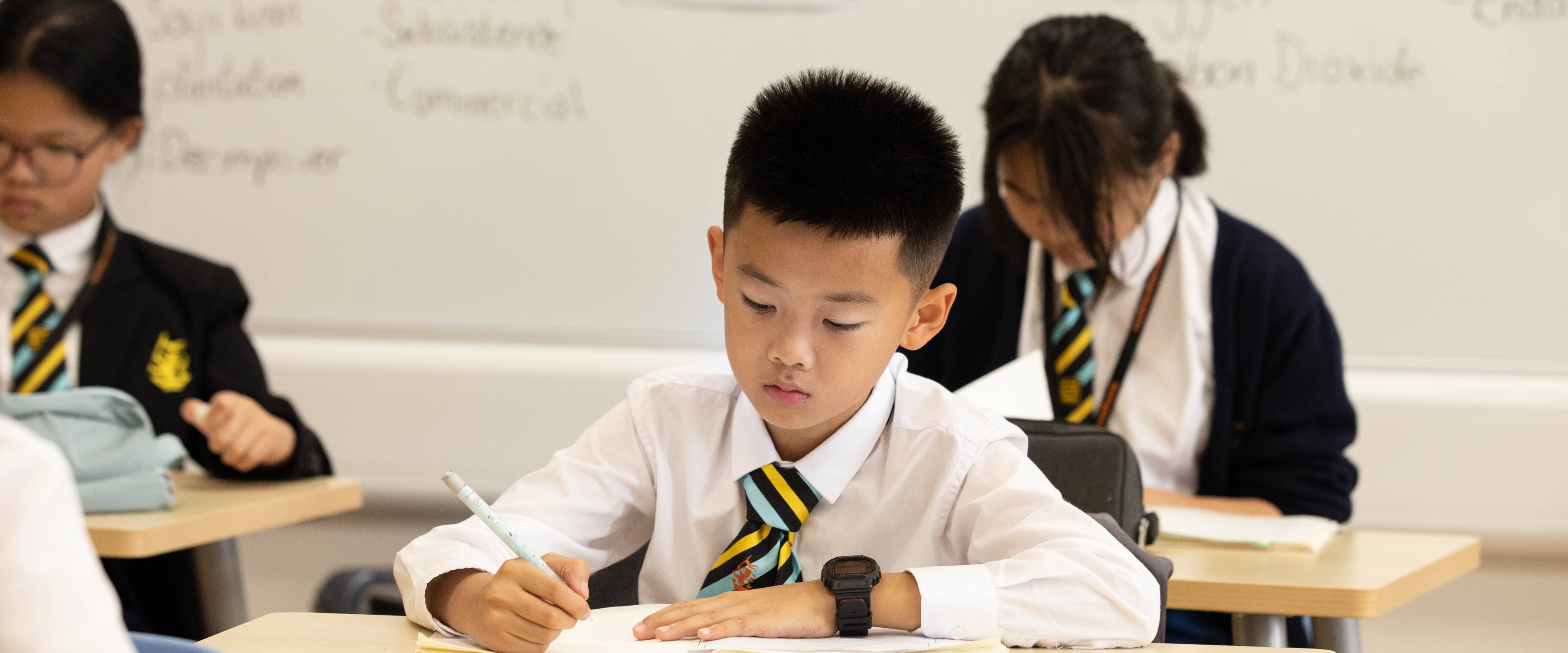
Message from the Principal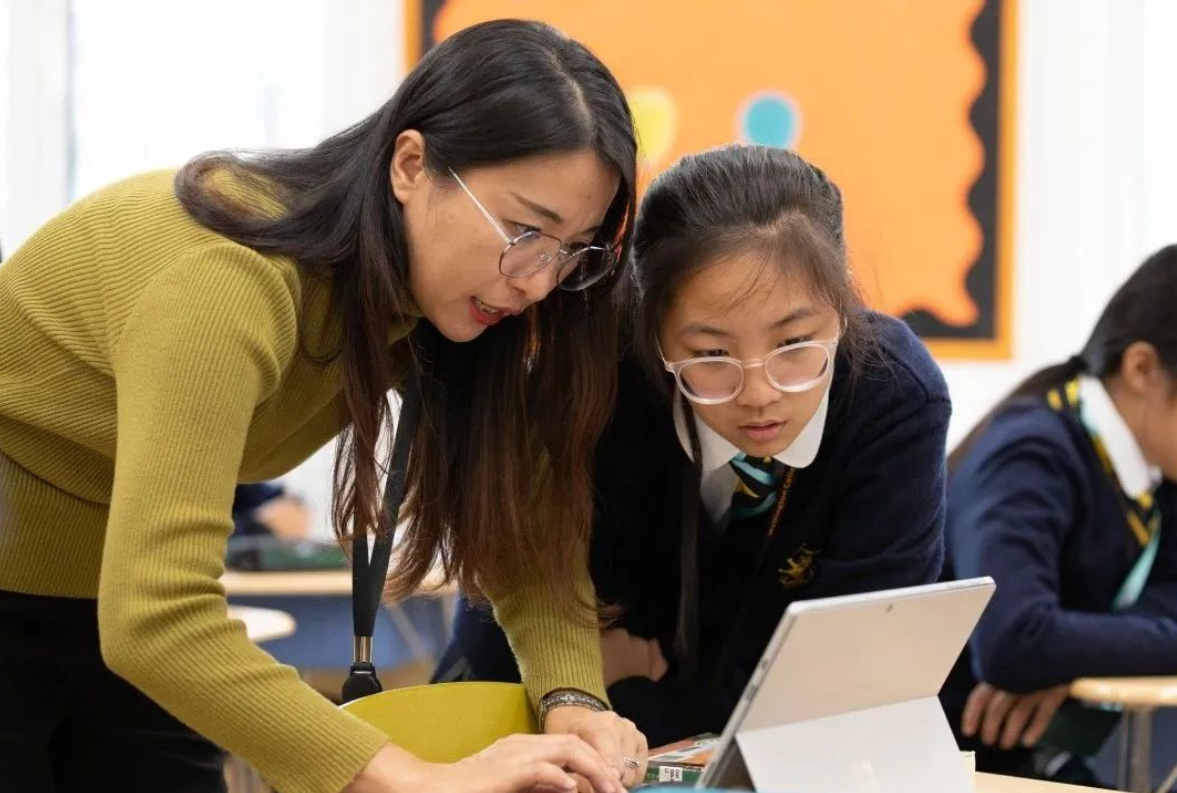
As the end of the semester approaches, each school division will enter the assessment week in succession. The main purpose of teaching evaluation is to improve pupils' learning and teachers' teaching. Teaching evaluation is the continuous interaction between teaching and learning. John Cowan, a professor in the field of learning development research in the UK, believes that "assessment is the engine of students' learning." In Hiba School, in order to support pupils' academic development to the greatest extent, teachers will use summary assessment to assess the knowledge and skills that pupils have mastered. At the same time, we will also use the Formative Assessment to evaluate pupils' learning. Teachers will consider the following issues when developing a teaching evaluation plan:
What learning objectives will be evaluated?
What evidence of learning needs to be found?
How to collect these learning evidences?
What learning activities will help pupils succeed in the assessment?
How to record and analyse the evaluation data?
How and when to provide feedback?
Systematic teaching evaluation can help students and teachers to understand pupils' understanding, knowledge, skills and learning attitude. It also helps to explore pupils' learning styles and individual differences, so as to teach pupils in accordance with their aptitude. It is hoped that in this round of assessment, pupils can achieve satisfactory learning results and progress.
Last week, the FOH and FOW Committee, together with the school team, especially the teachers from the language group and the art performance group, carefully planned the celebration of the Chinese New Year. It is hoped that Wellington/Hiba community will be able to feel the traditional customs and flavor of the Chinese New Year and appreciate the charm and charm of Chinese culture.
With the change of epidemic prevention policy, campus life will face new challenges. The school activities will also be affected to some extent, but I am glad to see that the members of Hiba Community are full of courage, being inclusive and confidence. I believe that we will soon usher in a more desirable state of life.
Sincere greetings to Hiba Community!
Ivey Wang
Principal of Hiba Academy Hangzhou
Sixth Form Matters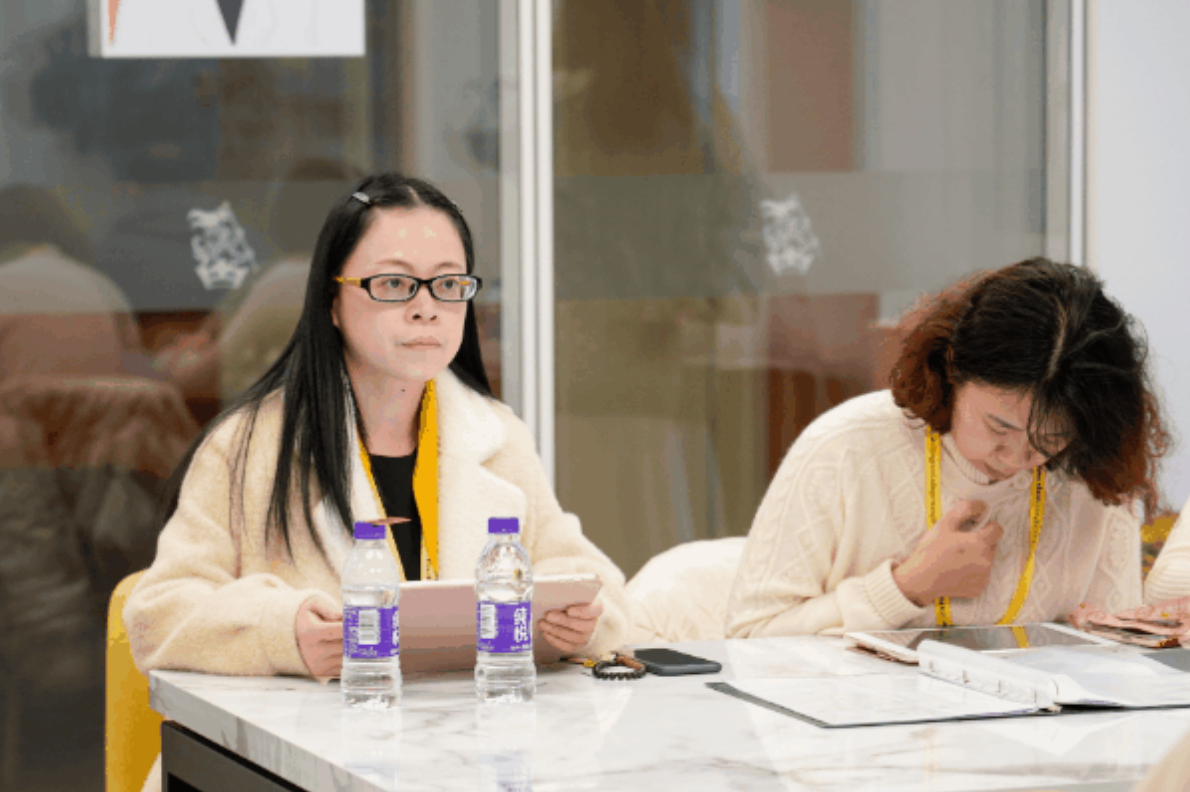
We have recently run series of parent workshops to help more members of our community understand the university application process. Our university guidance counselling team, Sherley Zhao and Terrence Zhou, walked parents through the course and university research process using Unifrog. Here parents used iPads to navigate through the website so that they had the confidence to repeat this process at home with their children.  Sherley also gave an interesting insight in to applying to UK universities. She shared information about how the UCAS (Universities and Colleges Admissions Service) works, the pupil requirements, deadlines and additional admissions tests needed for certain courses.
Sherley also gave an interesting insight in to applying to UK universities. She shared information about how the UCAS (Universities and Colleges Admissions Service) works, the pupil requirements, deadlines and additional admissions tests needed for certain courses.
Terrance presented parents with details on US university applications and shed light on different types of higher education institutions, personal essays and deadlines. 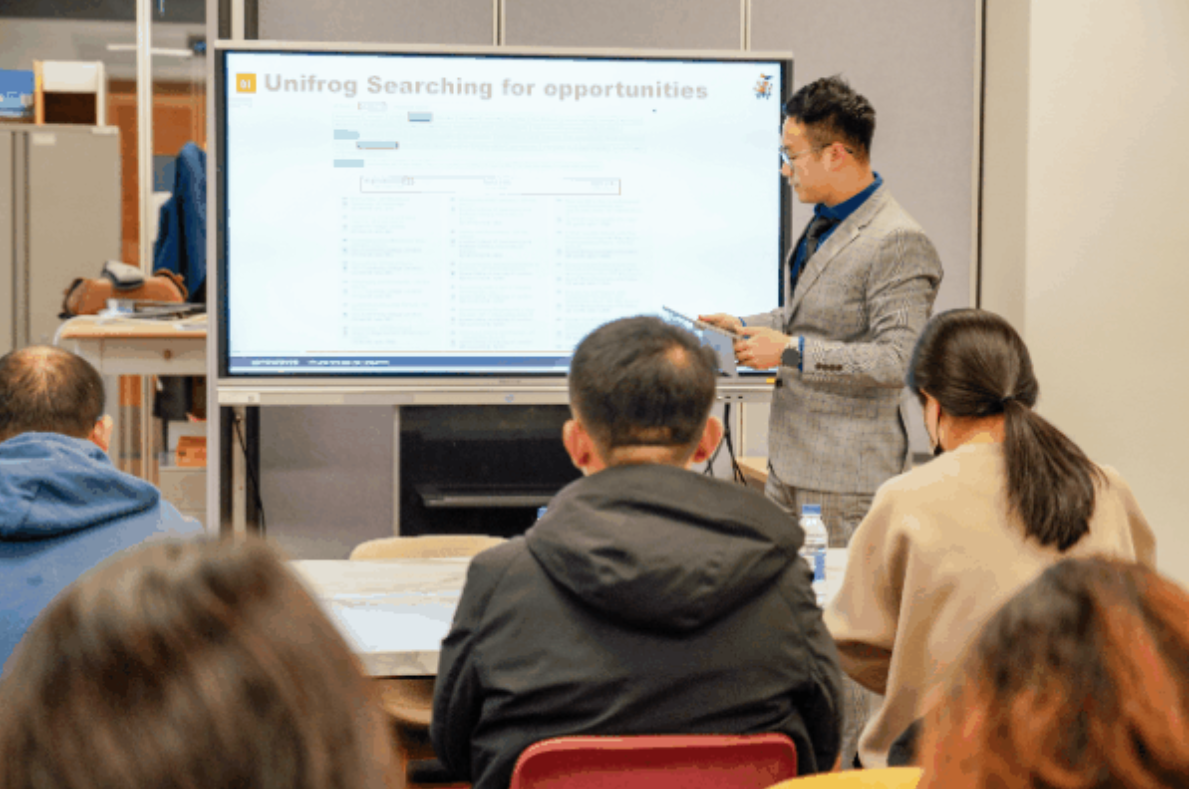
It is wonderful to help parents understand the university application systems; we are here to help dispel mistruths and reduce anxiety. Please look out for our next parent workshop on Oxbridge applications in the next semester.
Upcoming Events
Please scan the QR code above for details.

Hatty Leung
Head of Sixth Form
Junior High Matters 
As the end of the semester draws near, we have begun the handover to our new cross campus leadership team, who stepped into their new roles this week. We will join our two great schools – Hiba Academy Hangzhou Junior High and Wellington College International Hangzhou Senior School – together in a meaningful and collaborative partnership with one goal in mind, to propel the Hangzhou campus to its rightful position as the jewel in the crown of the Wellington College Education (China) group.
Excitement levels amongst many staff members are palpable. There is understandably a little change induced anxiety, but this is more than eclipsed by the positive sense of anticipation surrounding the many varied growth and development opportunities that a united campus will present.
Gladly and as planned, most of our pupils remain blissfully unaware of any upcoming changes. One of the early key indicators of a successful transition to the new leadership team will be the stability and continuity of the world-class education enjoyed in each school. Once this is achieved, then the action begins. A strength in one school becomes a cross-campus strength through teamwork and collaboration. Our experienced teachers will be able to share best practices wider, and collectively, we will enhance and develop educational standards across the entire campus.
We will then be positioned perfectly to deliver on our goal of forging a school where the potential of a truly `East meets West` education will come to life. Our capacity to bring the best aspects of bilingual and international education together will enable us to create a school greater than the sum of its parts for all Wellingtonians and Hibaans to enjoy. I cannot see how anything other than the greatest success for our pupils is sure to follow. Our next steps for Wellington College Education (China) - Hangzhou are bold, exciting, and filled with promise. I am honoured and feel enormously privileged to lead this team, and I am grateful for the support of the wonderful parents and outstanding pupils we serve.
Stewart Brown
Head of Junior High and Senior School
Upper Primary Matters 
Good virtue and smart appearance are both important to a person. Upper Primary puts a lot of effort on developing pupils’ good behaviour management and good manners recently.
Mr. Campher from Grade 4 is an expert in teaching pupils about behaviour and conduct. He believes that “at Hiba we are set on producing global citizens ready to take on the world. To do this it is important that your children learn how to conduct themselves in a manner that exceeds international expectations. They need to take pride in their appearance, behaviour, and interactions.”
During recent weeks, we are focusing on corridor manners, classroom behaviours, school uniform and appearance, and kind greetings to teachers and guests. 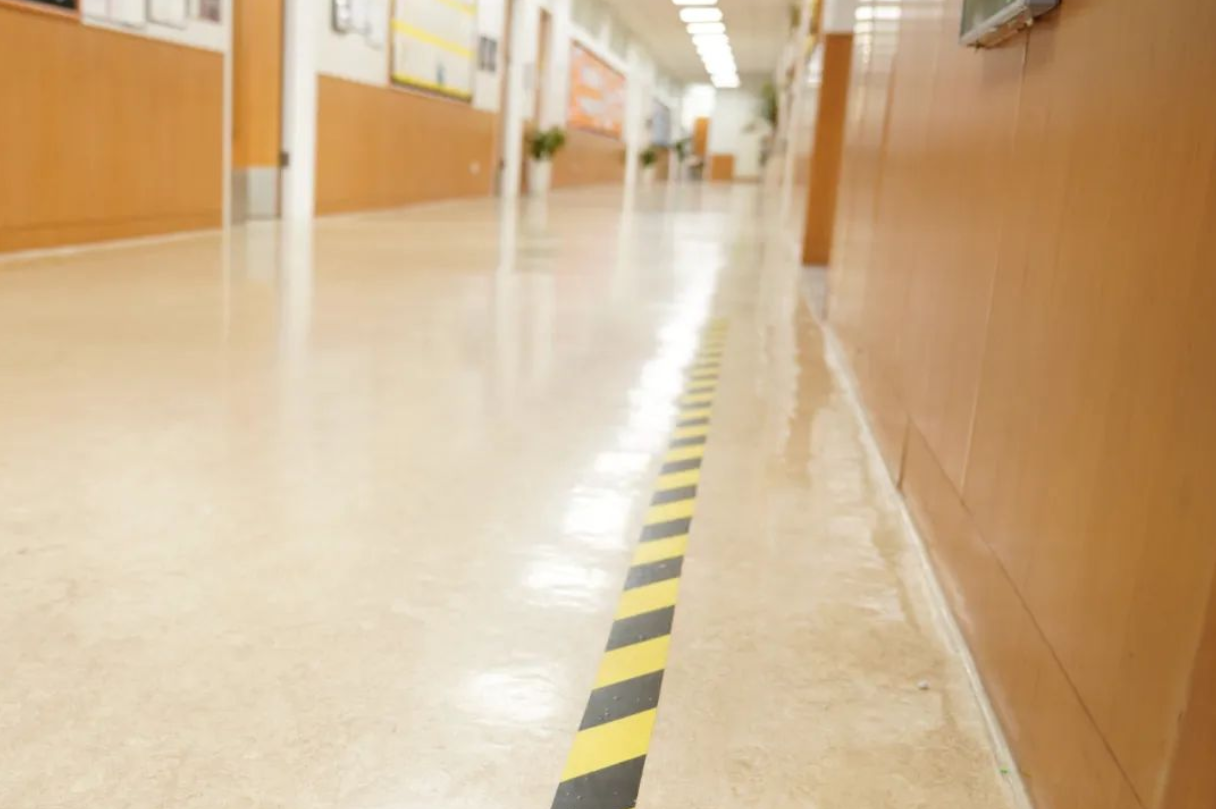
1.Corridor manners
Go moving along the right-side during break time and line up at the zebra area before starting lessons.
2.Classroom behaviours
Follow teachers’ instructions properly and listen carefully when classmates are answering questions or having a speech .
3.School uniform and appearance
Socks should be matched with the right school uniform.
Please wear black or navy jackets, scarves, gloves, and beanies, these should only be worn when outside.
4.Greeting teachers and guests
Please say “hello” to your teachers and guests on campus .
Mr. Campher also has a few useful suggestions for parents to help at home: “We ask that you remind your children to wear their uniform proudly and correctly and to respect the values here at Hiba by following the rules, respecting all on campus, and acknowledging the adults who care for them by offering a simple greeting.”
Good manners are very important to a person, a family, and a country. Proper manners and elegant courtesy are vital to the future development of our pupils. Let's work together at home and school to continuously improve our pupils' behaviour and habits.
Alice Wang
Assistant Head of Primary
Lower Primary Matters 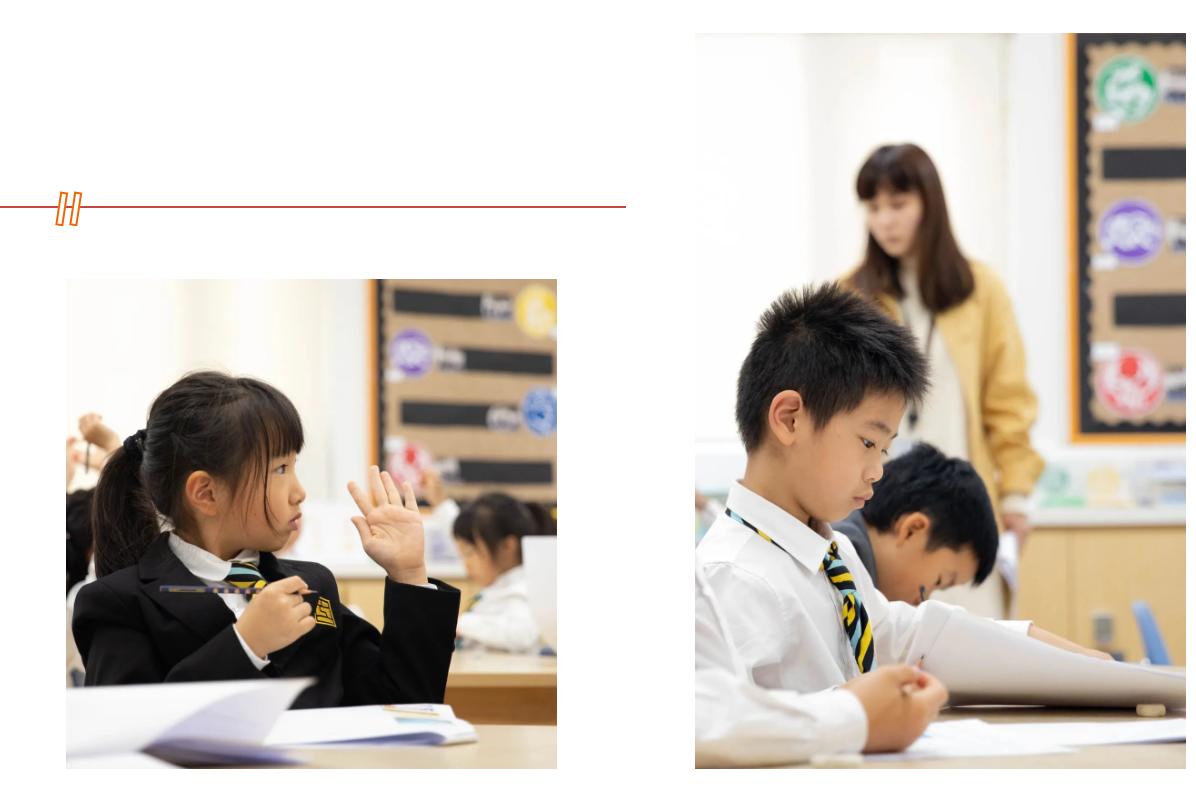
Dear all, it is in times of challenge and transition that we develop our greatest skills of resilience and responsibility. You may find that over the next couple of weeks will need to make more changes and address needs as they arise in our logistics. We will continue to support our students in developing their own ability to cope when things change, whilst also trying to maintain as much that is familiar as we possibly can. There are always challenges in life and developing the skills to be flexible, to approach calmly and always with a problem solving mentality are fantastic ways to prepare for life in fast moving work environments of the future and for unexpected events in their lives.
For young children it is very much a balance when developing these skills, we need to keep children calm and ensure that they are still able to access as many familiar routines and environments as possible, thereby maintaining a sense of security, and giving them as much warning as possible when things might change. However, in life we cannot always predict change and so when it happens at short notice we also need to ensure we can answer children's questions and give them explanations which they can accept and understand, even if this sometimes is that we can't control circumstances all around us but we can manage our own choices and how we react - that we as individuals always have choices in how we respond!
Sophie Brookes
Head of Early Years and Lower Primary
Sports Matters 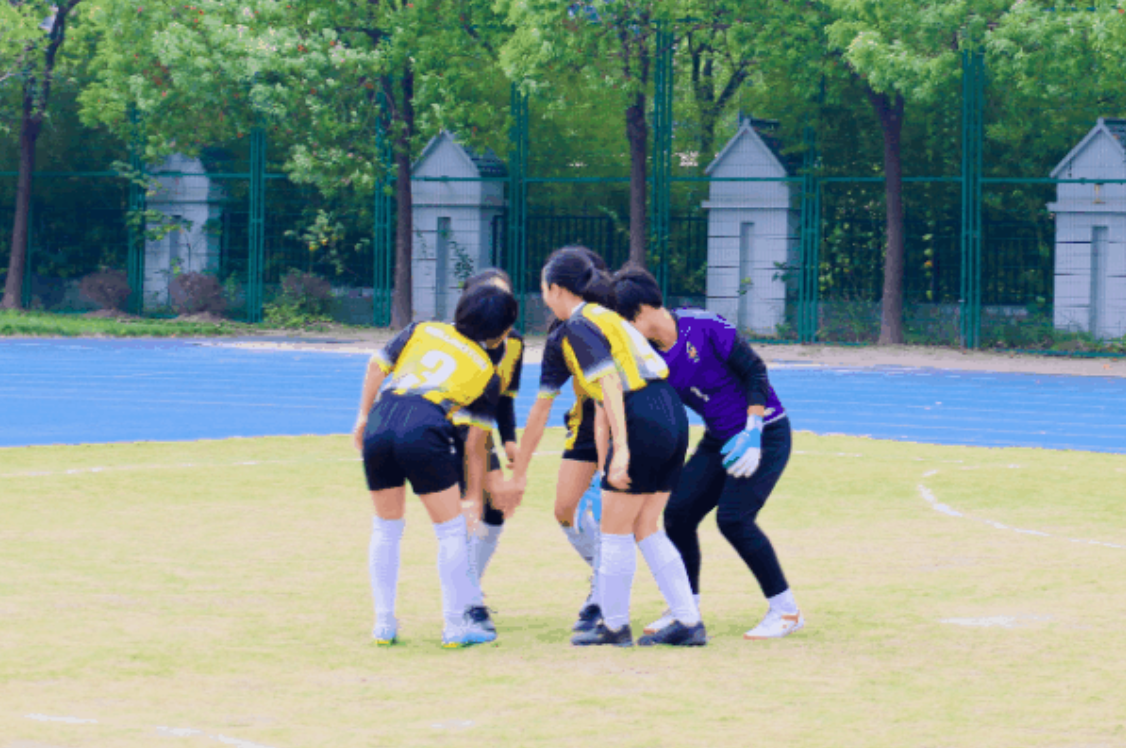

This week's Fixture
Nathan Witter
Director of Sports
Parent Workshops 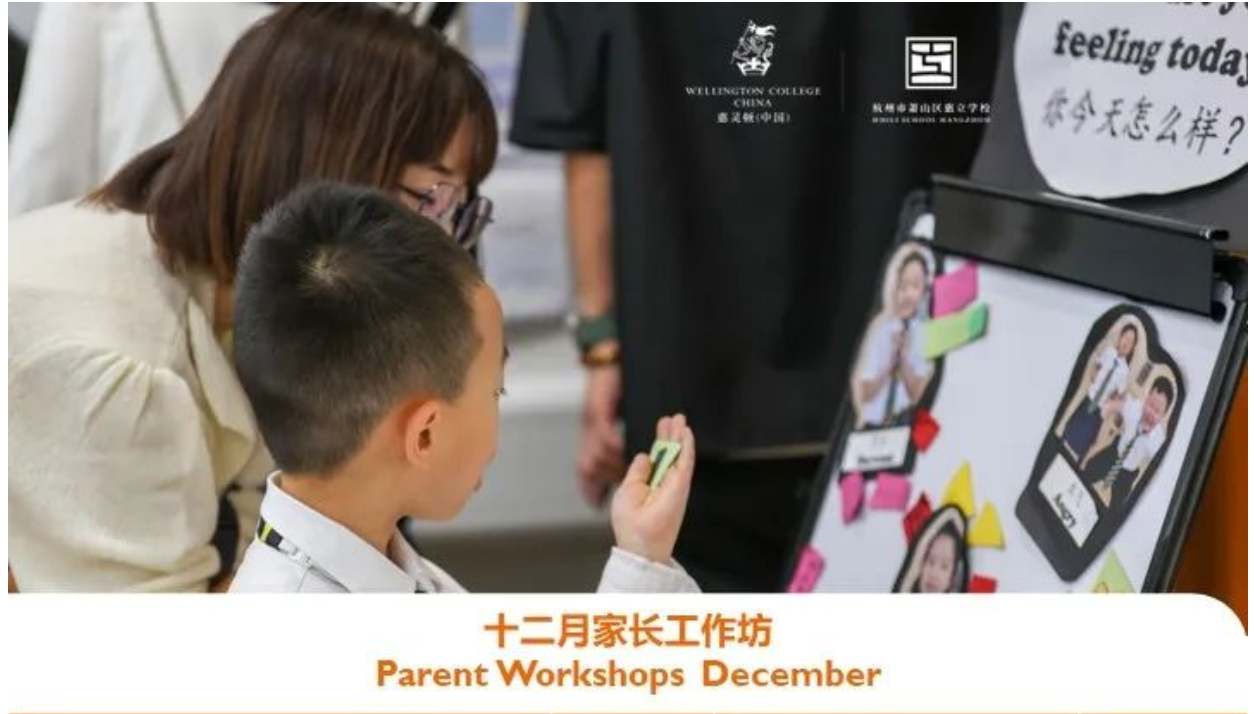

Dukebox Matters



